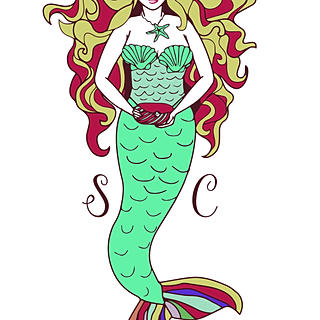Project Management Ethics and Professional Conduct – Part 4
- Bill Holmes
- Jan 22, 2018
- 3 min read

“To expect life to treat you good is foolish as hoping a bull won't hit you because you are a vegetarian.” Roseanne Barr
“The world isn't fair, Calvin." "I know Dad, but why isn't it ever unfair in my favor?” Bill Watterson, The Essential Calvin and Hobbes: A Calvin and Hobbes Treasury
This blog is going to discuss the “Fairness” Standard referenced in the Project Management Institute (PMI)® Code of Ethics and Professional Conduct. All quotes below are from the PMI Institute Code of Ethics and Professional Conduct, and a link to that document can be found here: https://www.pmi.org/about/ethics/code
My earlier articles can be read at: www.projectmanagementforum.net
The PMI definition of “fairness” is that it is our duty to make decisions and act impartially and objectively. Our conduct must be free from competing self interest, prejudice, and favoritism.
Nothing to disagree with there!
The aspirational standards are (distilled) that we are transparent in our decisions, we reexamine our impartiality, we provide equal access to information and we make opportunities equally available to qualified candidates. These are obvious best practices, but I have seen the practical application of providing equal access to information be challenging in certain work situations.
There are people in management who treat information as currency and like to restrict access, which is counter to good project management principles. By having this as an aspirational standard, it provides the project manager with a “safety valve” should they find themselves working for the type of manager I describe above. If this were mandatory, it could create an ethical crisis for a project manager.
The mandatory standards are (distilled) that we disclose any real or potential conflicts of interest, when we do have a real or potential conflict we refrain from making decisions until stakeholders decide what to do, we don’t hire, fire, reward or punish based on personal considerations, we don’t discriminate, and we apply rules without favoritism or prejudice.
Two of these deserve special comment.
I have seen many Project Management Professional candidates have problems with the notion that a conflict of interest does not automatically disqualify you on a project! They feel the common-sense approach is to recuse yourself, but the PMI view is that you report the conflict and let the stakeholders decide. You are always supposed to verify facts and then disclose them to the impacted stakeholder for decision, and this is consistent with that.
The other standard that deserves special comment states that “We apply the rules of the organization (employer, PMI, or other group) without favoritism or prejudice.” As organizations mature they naturally impose a growing number of rules and processes to manage day to day activities, and you need to make sure that these rules are applied uniformly. We have all seen instances where one person could do something, and another person with a similar fact pattern was denied. There is nothing more corrosive than a feeling that the rules don’t apply to everyone. This is an extraordinarily important standard.
Be a good person and do the right thing and this standard should be easy to follow.
Coda
I am spending a lot of time reading the PMBOK 6th edition. Since I teach PMP exam prep classes, I need to understand how PMI’s position is evolving on issues. The PMBOK is an enlightenment document in the sense that it represents the best practices of project managers around the world, so it is important to remain well versed in these best practices. I am working with a colleague of mine to develop a bank of test questions containing the new information, and we will be offering that as a service to PMP/CAPM candidates shortly. We will also be publishing a book and distributing through Amazon Prime, so that is another way to prep for the exam. More to follow!









Comments